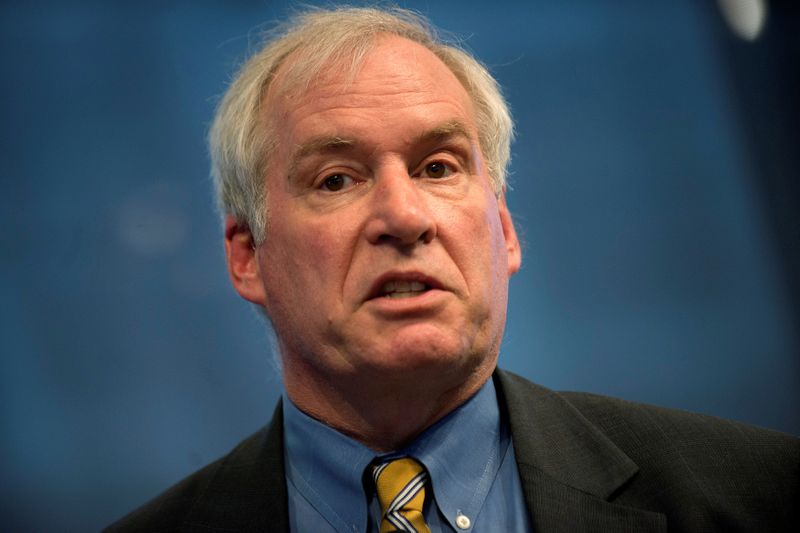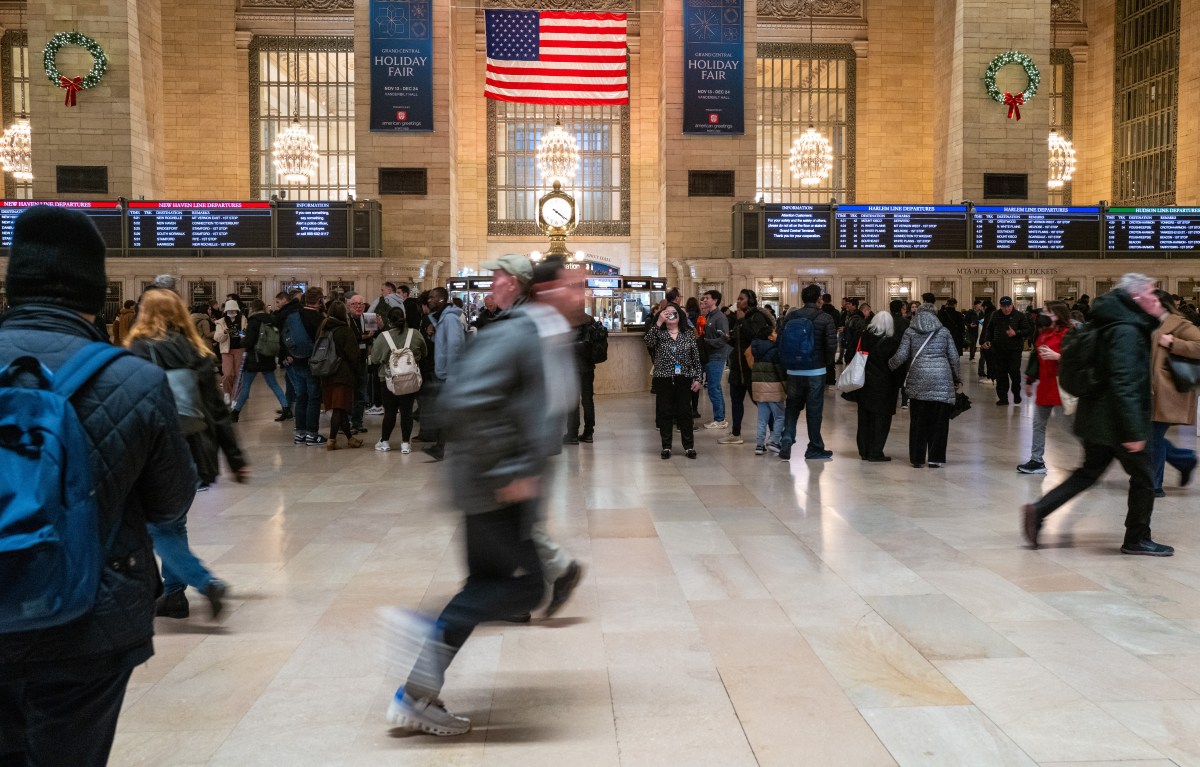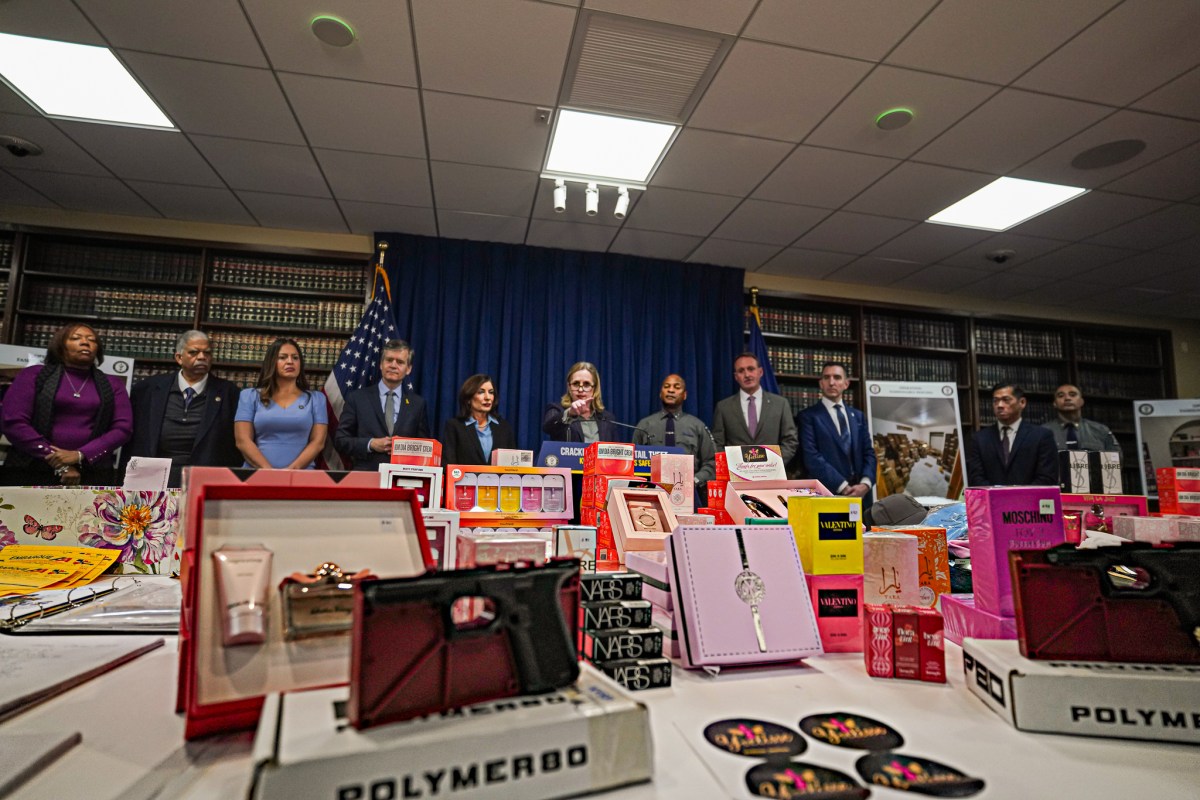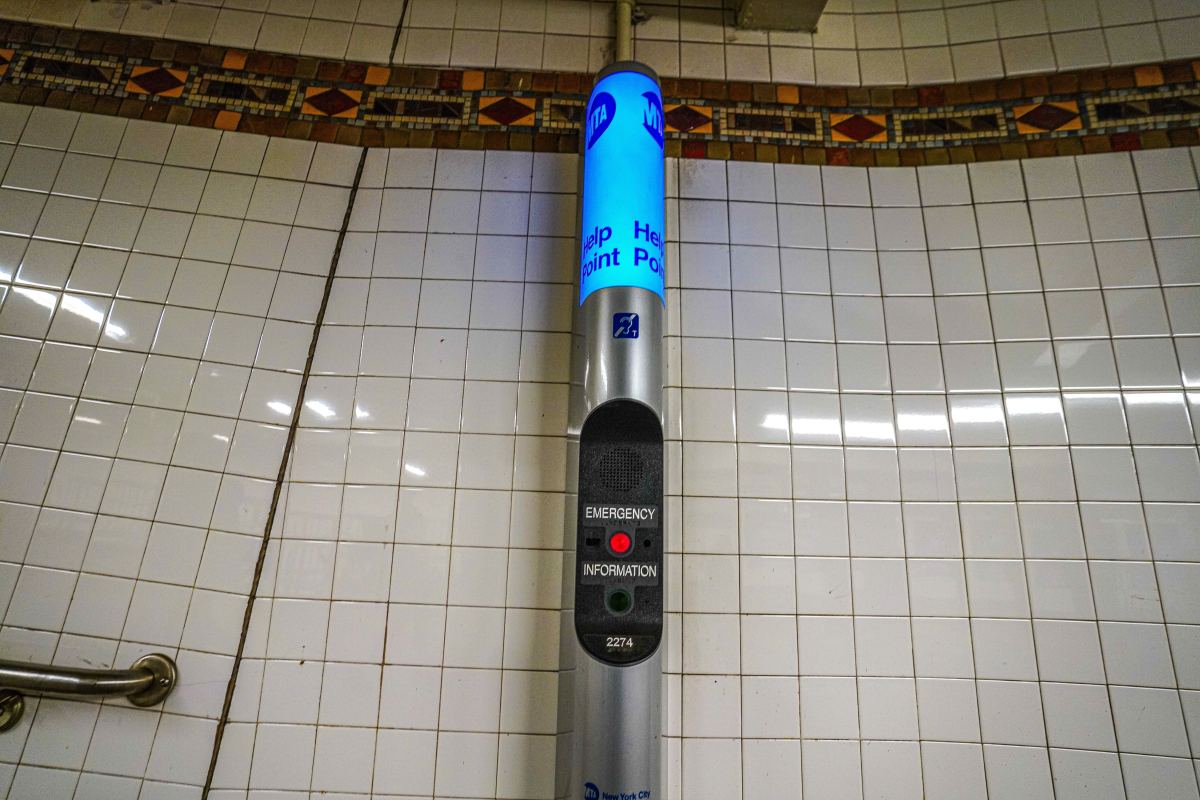(Reuters) – The U.S. economy could face more foreclosures and business bankruptcies in the fall and winter if there is a rise in infections and no additional fiscal aid, conditions that could make it harder for consumers and businesses to access credit, Boston Federal Reserve President Eric Rosengren said on Wednesday.
Community and regional banks could especially come under stress if there is a rise in delinquencies in commercial real estate loans as businesses struggle to stay in operation, Rosengren said.
“I think the challenge is that we are very likely to face a credit crunch kind of issue as we get towards the end of this year,” Rosengren said in an interview with Reuters.
The policymaker said his outlook is more pessimistic than the median projection shared by other members of the Federal Open Market Committee, which calls for the unemployment rate to drop to 7.6% this year and for the economy to contract by 3.7% in 2020.
A rise in infections could lead to a sharper decline in economic activity if some parts of the country roll out fresh lockdowns or if consumers opt to stay home out of fear, Rosengren said. Slower growth could also lead inflation to rise more slowly than anticipated, requiring the Fed to keep rates near zero for longer, Rosengren said.
With the pandemic lasting longer than expected, more fiscal aid is needed to keep businesses and households afloat, he said. Some businesses that borrowed in the corporate bond market before the crisis may now face issues paying off that debt, he said.
“It would have been fine if the pandemic lasted three months, but the pandemic isn’t lasting three months,” Rosengren said. “It’s lasting much longer than that and so there’s definitely a need for more targeted spending.”
(Reporting by Jonnelle Marte and Howard Schneider,; Editing by Chris Reese and Andrea Ricci)





















